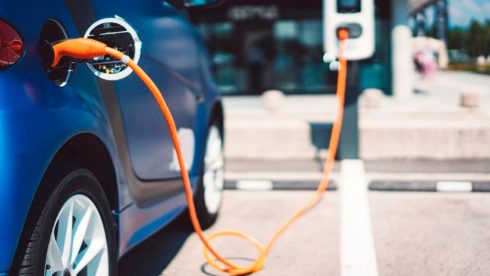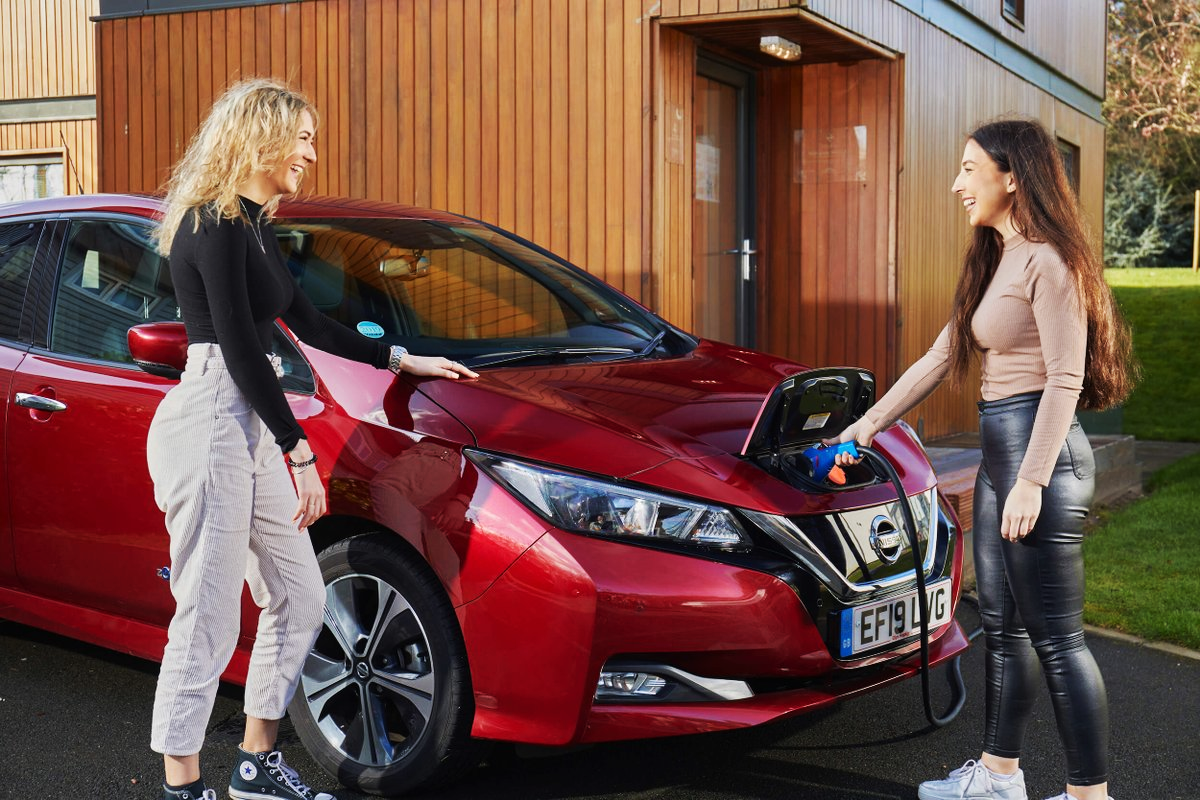AN ENERGY broker has revealed that Spain is one of the most expensive countries in Europe to charge and run an electric car.
Using data from Eurostat, Switcher.ie has published results that may have cause-for-concern among the environmentally-conscious in the country.

Electric vehicles (EVs) have been growing in popularity and now make up over 10% of new car sales across the continent.
Research included 56 different EVs, including the Mini Electric, Honda E, VW eGolf, SEAT Mii Electric, Nissan leaf and Hyundai Ioniq Electric.
In summary:
- Spain is the fifth most expensive place to charge an EV in Europe
- Only Germany, Demark, Belgium, Ireland are more costly
- The UK is only slightly cheaper, being seventh most expensive
- It costs on average €13.99 to fully charge an EV in Spain
- Germany is the most expensive, costing €19.02 to charge an EV
- The average cost to charge an EV in Europe is €10.13
- Ukraine is the cheapest country to charge an EV in Europe €2.91 per charge
In detail:
| Rank | Country | Cost per kwh | Cost per charge | Cost per 100km |
| 1 | Germany | € 0.30 | € 19.02 | € 6.27 |
| 2 | Denmark | € 0.28 | € 17.71 | € 5.84 |
| 3 | Belgium | € 0.28 | € 17.45 | € 5.75 |
| 4 | Ireland | € 0.24 | € 15.08 | € 4.97 |
| 5 | Spain | € 0.22 | € 13.99 | € 4.61 |
| 6 | Italy | € 0.22 | € 13.91 | € 4.59 |
| 7 | United Kingdom | € 0.22 | € 13.77 | € 4.54 |
| 8 | Cyprus | € 0.21 | € 13.33 | € 4.40 |
| 9 | Portugal | € 0.21 | € 13.25 | € 4.37 |
| 10 | Liechtenstein | € 0.21 | € 13.22 | € 4.36 |
| 11 | Austria | € 0.21 | € 13.14 | € 4.33 |
| 12 | Luxembourg | € 0.20 | € 12.41 | € 4.09 |
| 13 | France | € 0.19 | € 11.87 | € 3.91 |
| 14 | Czechia | € 0.18 | € 11.51 | € 3.79 |
| 15 | Sweden | € 0.18 | € 11.41 | € 3.76 |
| 16 | Finland | € 0.17 | € 10.87 | € 3.59 |
| 17 | Slovakia | € 0.17 | € 10.54 | € 3.47 |
| 18 | Greece | € 0.17 | € 10.51 | € 3.46 |
| 19 | Poland | € 0.15 | € 9.22 | € 3.04 |
| 20 | Romania | € 0.15 | € 9.12 | € 3.01 |
| 21 | Slovenia | € 0.14 | € 9.05 | € 2.98 |
| 22 | Netherlands | € 0.14 | € 8.92 | € 2.94 |
| 23 | Lithuania | € 0.14 | € 8.91 | € 2.94 |
| 24 | Latvia | € 0.14 | € 8.87 | € 2.93 |
| 25 | Norway | € 0.14 | € 8.47 | € 2.79 |
| 26 | Iceland | € 0.13 | € 8.38 | € 2.76 |
| 27 | Croatia | € 0.13 | € 8.13 | € 2.68 |
| 28 | Malta | € 0.13 | € 8.02 | € 2.65 |
| 29 | Estonia | € 0.12 | € 7.72 | € 2.55 |
| 30 | Moldova | € 0.11 | € 6.67 | € 2.20 |
| 31 | Hungary | € 0.10 | € 6.44 | € 2.13 |
| 32 | Bulgaria | € 0.10 | € 6.23 | € 2.05 |
| 33 | Turkey | € 0.10 | € 6.22 | € 2.05 |
| 34 | Bosnia and Herzegovina | € 0.09 | € 5.44 | € 1.79 |
| 35 | North Macedonia | € 0.08 | € 4.89 | € 1.61 |
| 36 | Serbia | € 0.07 | € 4.61 | € 1.52 |
| 37 | Kosovo | € 0.06 | € 3.78 | € 1.25 |
| 38 | Ukraine | € 0.05 | € 2.91 | € 0.96 |
Switcher.ie explained why it’s cheaper to charge an EV in some countries and expensive in others?
They said reasons include the geopolitical situation, national energy mix, import costs, environmental protection costs, taxes and levies.
Despite the variations across the continent, there are still undoubted benefits from owning an electric car.
There are the obvious environmental benefits, purchase incentives, and benefits regarding registration tax, ownership tax, company tax and VAT.
Additionally, many countries offer free parking in certain areas, different speed limits for electric vehicles or even free access to bus lanes encouraging a higher uptake of EVs.
OTHER ENVIRONMENTAL NEWS: GOING GREEN as Spain’s politicians give thumbs up to radical climate bill
Click here to read more Spain News from The Olive Press.








